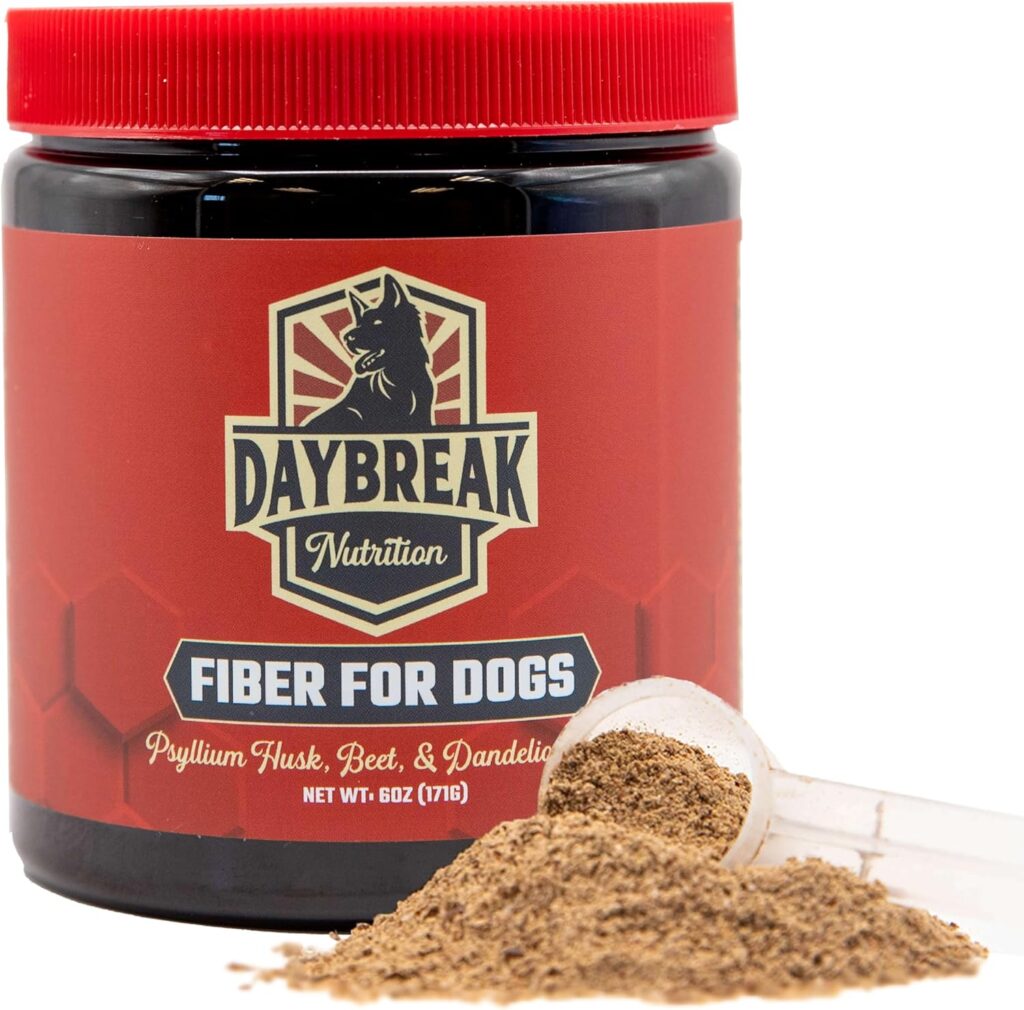Dealing with dog diarrhea can be a frustrating experience for both pets and their owners.
It not only disrupts your dog’s comfort but can also lead to stress and worry about their health.
Understanding the common causes of diarrhea and implementing effective strategies can help manage this condition and promote your furry friend’s well-being.
In this blog, we’ll explore five practical ways to reduce dog diarrhea and keep your pet happy and healthy.
Let’s dive in!
What Causes Dog Diarrhea?
Several factors can lead to diarrhea in dogs, including:
- Dietary Changes: Sudden changes in food or treats can upset a dog’s digestive system.
- Food Intolerances: Certain ingredients may not sit well with your dog, leading to gastrointestinal upset.
- Infections: Bacterial, viral, or parasitic infections can cause diarrhea.
- Stress: Changes in environment or routine can lead to stress-induced digestive issues.
- Underlying Health Conditions: Conditions like pancreatitis, inflammatory bowel disease, or liver disease can manifest as diarrhea.
Regardless of the cause, there are effective strategies to help reduce diarrhea and promote your dog’s overall digestive health.
5 Ways To Ease Dog Diarrhea
1. Incorporate Psyllium Husk Powder
Adding psyllium husk powder to your dog’s diet can help absorb excess water in the intestines and promote firmer stools.
This natural fiber supplement can be particularly effective in managing diarrhea.
Be sure to consult your veterinarian for the appropriate dosage and to ensure it’s suitable for your dog.
My dog’s favorite psyllium husk is Daybreak Nutrition’s Fiber for Dogs.
It is the perfect psyllium husk powder supplement to support your dog’s digestive health.
Formulated with a blend of high-quality ingredients, including psyllium husk, flaxseed, and prebiotics, this all-natural fiber supplement promotes optimal digestive function for dogs of all ages and sizes.
With no additives, fillers, or common allergens like soy and corn, you can trust that you’re giving your dog a premium product designed to alleviate issues like diarrhea, constipation, and anal gland discomfort.
Simply follow the directions on the label and you’re good to go!
2. Introduce a Bland Diet
One of the first steps to take when your dog has diarrhea is to switch to a bland diet.
Foods like boiled chicken (no skin or bones) and plain white rice can help soothe the digestive system.
This diet is gentle and easy for your dog to digest, helping to firm up stools.
3. Ensure Proper Hydration
Diarrhea can lead to dehydration, so it’s crucial to ensure your dog stays hydrated.
Provide fresh, clean water at all times.
You can also offer an electrolyte solution specifically designed for pets to replenish lost fluids and minerals.
4. Gradually Reintroduce Regular Food
Once your dog’s diarrhea starts to improve, gradually reintroduce their regular food.
Mix small amounts of their usual diet into the bland food over several days, observing for any signs of a return to diarrhea.
This slow introduction helps prevent further digestive upset.
5. Consider Probiotics
Probiotics can be beneficial for restoring the balance of good bacteria in your dog’s gut.
Look for dog-specific probiotic supplements that can help improve digestion and reduce diarrhea.
To Your Dog’s Gut Health
Dealing with dog diarrhea can be challenging, but by understanding the causes and implementing these effective strategies, you can help your furry friend find relief.
Remember to monitor your dog’s condition closely, and don’t hesitate to seek professional advice if needed.
If diarrhea persists for more than 24 hours, or if you notice other symptoms like vomiting, lethargy, or blood in the stool, consult your veterinarian.
With proper care, your dog will be back to their happy, healthy self in no time!
Thank you for reading!
Affiliate Disclosure
Some of the links on this site are affiliate links. This means that if you click on the link and purchase the item, we may receive an affiliate commission at no extra cost to you. I only recommend products or services that I believe will add value to my readers, however some (not all) do pay us to be on this blog. Your support and theirs helps keep this blog running, and I genuinely appreciate it.
Medical Disclaimer
The information provided on this website is for educational purposes only and is not intended as medical advice. This blog or the writer is not a licensed healthcare professional, and the content should not be used as a substitute for professional medical diagnosis, treatment, or advice. Always consult with your physician or other qualified healthcare provider before starting any new treatment or making any changes to your healthcare routine.
